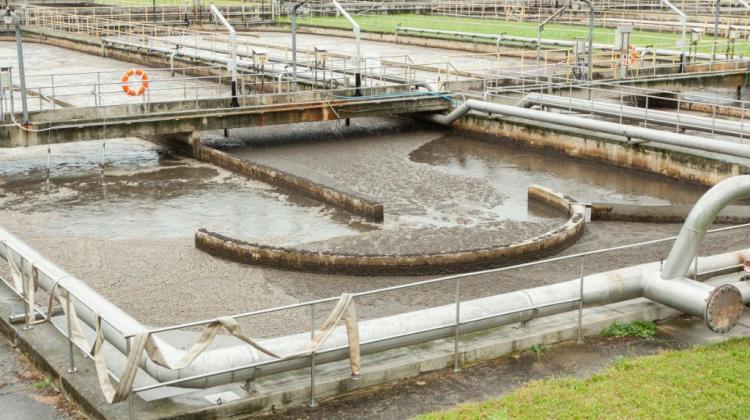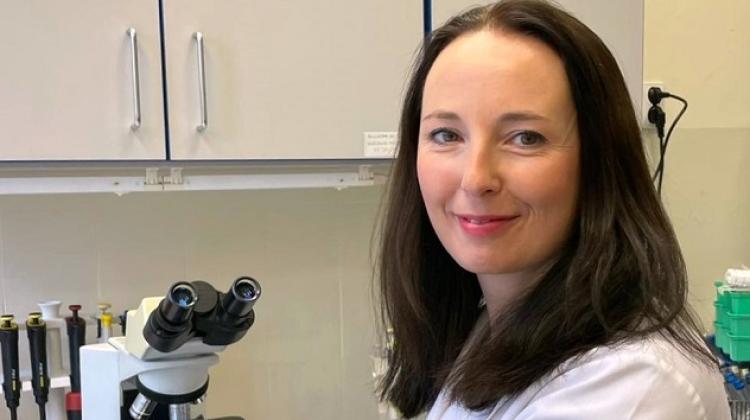Innovative technology from Katowice turns sewage sediment into organic fertilizer
 Credit: Fotolia
Credit: Fotolia
Sediments generated in wastewater treatment plants can be a safe and effective fertilizer, which - in the form of granules - can also support the cultivation of plants or be used as a soil-forming material, say the creators of the innovative technology developed at the Central Mining Institute (GIG) in Katowice.
The solution, consisting of organic fertilizer from stabilized municipal sewage sludge sediments, was recently awarded at the 14th International Warsaw Invention Show IWIS 2020.
Experts estimate that Polish wastewater treatment plants generated as much as 600-800 thousand tonnes of dry matter of sewage sludge per year. Current regulations prohibit their storage' the sediments are used in cement plants, incinerated or composted. Only a small part is used, for example, for the production of fertilizers.
Despite the obligation to manage sludge sediments, they are usually treated as waste. Scientists from the Central Mining Institute argue that with appropriate technologies, sewage sludge can be turned into a product in the form of a safe, effective and friendly fertilizer that can be widely used.
GIG spokeswoman Dr. Sylwia Jarosławska-Sobór said: “The technology of obtaining organic fertilizer from stabilized sewage sludge sediments, which was awarded a gold medal, allows us to obtain a wide range of products: organic fertilizer, mineral-organic fertilizer, plant support agent and soil-forming material.”
Obtaining the fertilizer is possible thanks to the precise mixing of components and bringing the material to the form of stable granules with a grain size of 1-6 mm. According to specialists from the Central Mining Institute, such granules have good fertilizing and soil-forming properties.
Jarosławska-Sobór said: “The high content of organic matter has a positive effect on the processes of humus formation in the soil. The product also has deacidification properties and supports water microretention in the soil.”
The granulate can be distributed with spreaders and seeders. The solutions developed at GIG have already been patented.
Earlier, scientists from the institute in Katowice developed a technology to use this type of organic fertilizer not only in agriculture, but also in home gardens, greenery on balconies and flower beds. It is possible because the fertilizer granule is surrounded by a hydrogel solution, which acts as a protective layer, accumulates water and eliminates unpleasant odours. Such a coating protects sewage sludge sediment against dusting and the formation of potentially harmful bioaerosols, and gradually releases nutrients into the soil. It is also a kind of water storage that can be used by plants during periods of drought.
PAP - Science in Poland, Marek Błoński
mab/ amac/ kap/
tr. RL
Przed dodaniem komentarza prosimy o zapoznanie z Regulaminem forum serwisu Nauka w Polsce.














